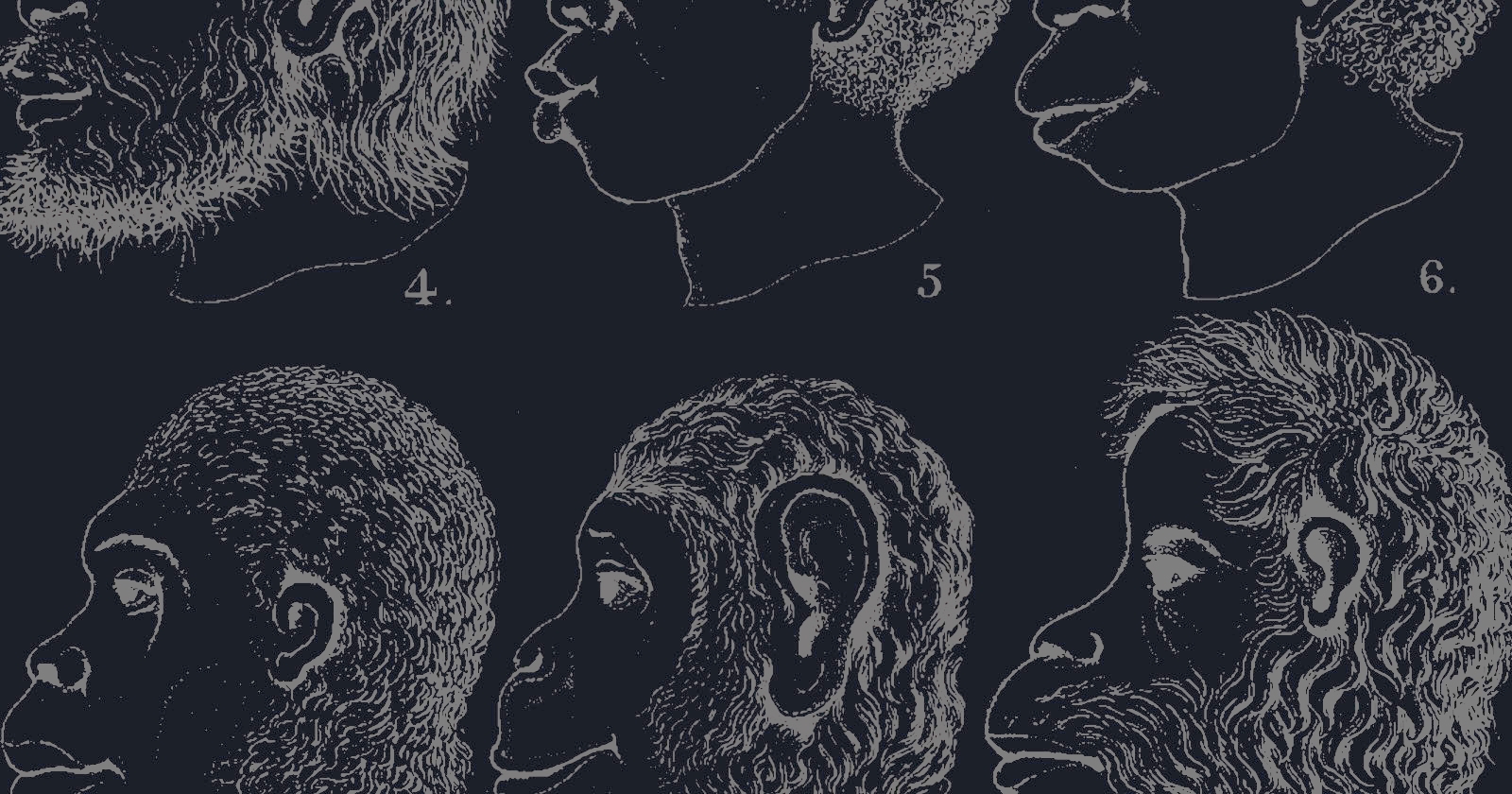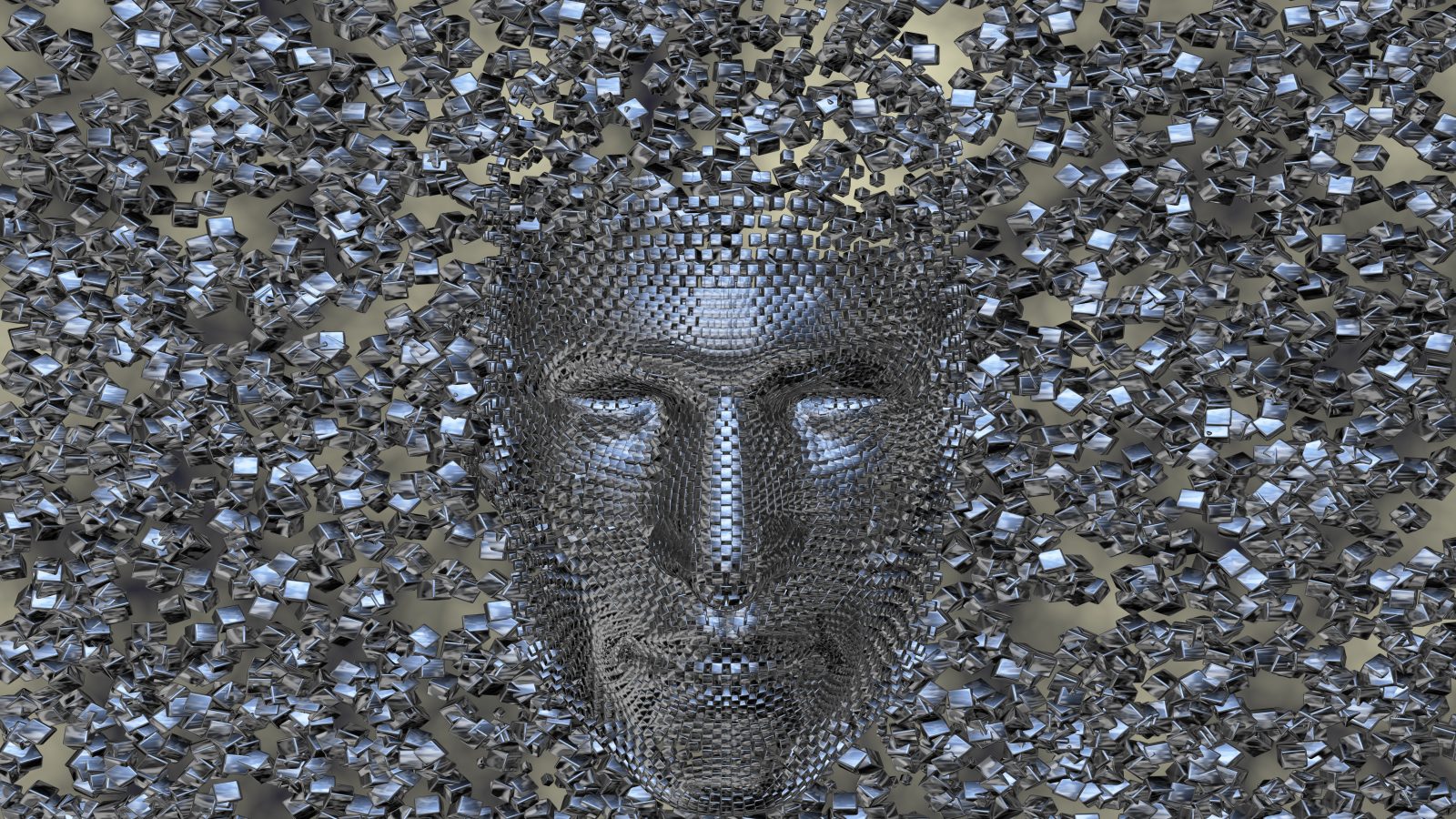
Eric Metaxas and Richard Weikart Spotlight Darwinian Racism
Today’s ID the Future brings listeners a lively conversation between radio host and bestselling author Eric Metaxas and historian Richard Weikart about Weikart’s new book, Darwinian Racism: How Darwinism Influenced Hitler, Nazism, and White Nationalism. Weikart provides a quick flyover of the evidence that the outlook of Hitler, the Nazis, and contemporary white nationalists is significantly shaped by Darwinism and the arguments of early Darwinists. Metaxas and Weikart then contrast the Darwinian foundation for morality with the Judeo-Christian foundation, which holds that all humans are made in the image of God and therefore possess inherent worth, regardless of race and regardless of one’s “fitness.” This episode is reposted here, with permission, from The Eric Metaxas Show. Check out Weikart’s new book here.







